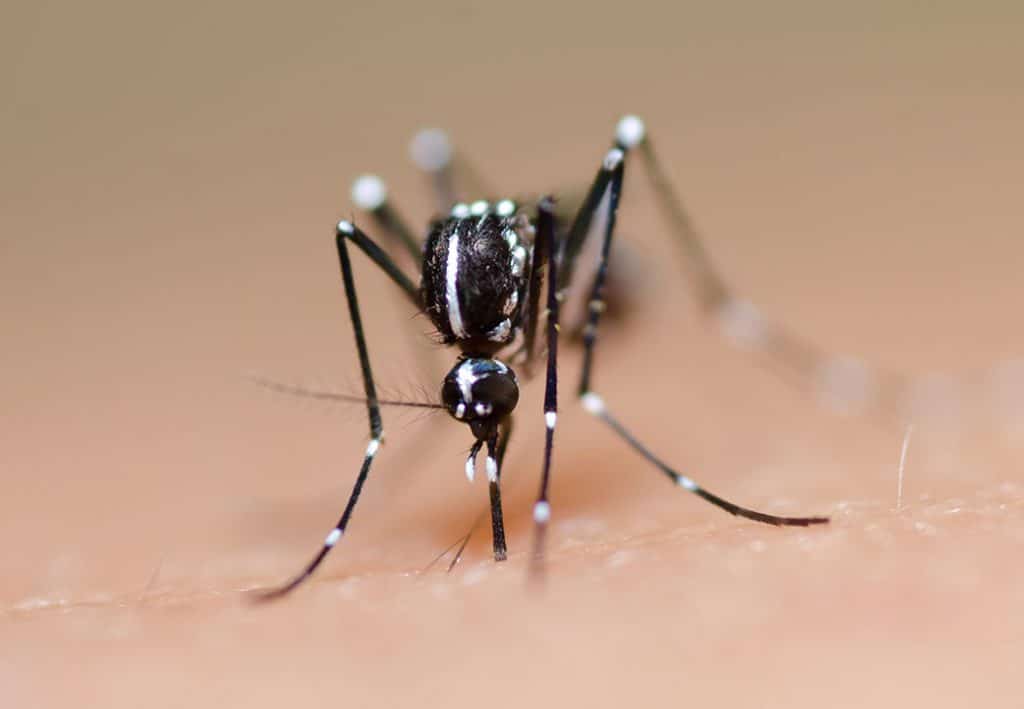Dengue fever. What exactly is it, its symptoms, and what happens after? Get a quick overview with this 3-minute read.
What is dengue fever?
Dengue fever is a disease that is common in tropical areas, such as Southeast Asia. The disease is spread by the Aedes mosquito, one of the most common types of mosquitoes in Singapore. When a mosquito bites an infected person, it becomes a carrier of the dengue virus. The mosquito can then go on spreading the virus to any person it bites, for the rest of its life. Dengue cannot be spread via person-to-person contact.
What are the symptoms?
Symptoms for dengue fever usually become visible 4–7 days after the disease is contracted. The symptoms include:
- Fever
- Headaches
- Body aches
- Joint paints
- Loss of appetite
- Nausea
- Vomiting
- Skin rashes
However, some children may not show any symptoms at all. There is also a more serious form of dengue, known as the Dengue Hemorrhagic Fever. For these cases, there are additional, more severe symptoms such as bleeding (gums, nose, blood spots in the skin, etc.) and low blood pressure.
What are the treatment options?
There is no treatment or vaccination available for dengue fever. Your doctor will prescribe medication to help relieve your symptoms, so that your body can fight the virus more effectively. It is also important that you get enough water and plenty of rest. For severe cases when platelet count is dangerously low, or if symptoms do not improve, patients may need to be hospitalized for supportive care and close monitoring. In some cases, blood transfusions may be required.
If you or any of your family members experience any of the above symptoms, take them to the doctor immediately. For severe symptoms, seek medical attention at the hospital. If you or your family require assistance, call our friendly medical concierge today at +65 6679 7867, or email us at customercare@tmcg.com.sg
